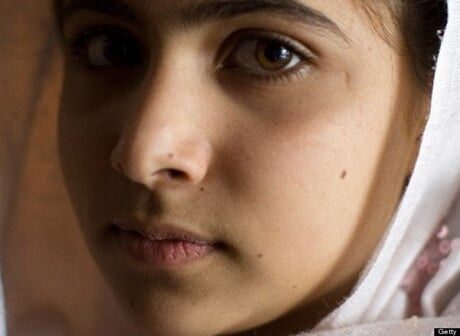Egypt, last night, witnessed its worst night of violence since the Egyptian military ousted President Mohamed Morsi on July 3 with preliminary death tolls reported at more than 100.
Hundreds of thousands of Egyptians took to the streets in response to Egyptian army chief Gen. Abdel Fattah al-Sisi’s request that he be given a popular mandate to deal with violence unleashed by Morsi’s overthrow in early July.
But as has so often become the pattern in a downward spiral in Egypt, where any hope of reconciliation between pro and anti-Morsi supporters has all but evaporated, the Muslim Brotherhood mounted counter demonstrations. The flashpoint was the area around Cairo’s Rabaa al-Adawiya mosque where tens of thousands of pro-Morsi supporters have gathered for the past three weeks, staging a semi-permanent demonstration. Last night, the numbers of Muslim Brotherhood supporters in the Rabaa al-Adawiya district swelled by thousands more before Egyptian security forces moved in.
Initial reports carried by France 24 and others put the number of dead in last night’s clashes at nine with at least 200 injured, but later reports carried by BBC News andRussia Today put the death toll far higher. Russia Today reports the Islamist Muslim Brotherhood as having warned that the death toll was likely to rise, quoting Muslim Brotherhood spokesman Gehad El-Haddad, saying, “They are not shooting to wound, they are shooting to kill.”
The spokesman said a number of demonstrators had received gunshot wounds to the head and chest.
In a later BBC report, the death toll amongst pro-Morsi supporters was put at “more than a 100 people” with a doctor at a field hospital saying there were more than 1000 injured.
Earlier today, Egypt’s army-installed interior minister, Mohamed Ibrahim, had said the three-week sit-in by Morsi supporters around the Rabaa al-Adawiya mosque would be “brought to an end, soon and in a legal manner.”
It was not clear whether the violent clashes between security forces and Muslim Brotherhood supporters represented a concerted attempt to break up the sit-in. France 24 reports that on Facebook, the Muslim Brotherhood said the army had stormed its vigil overnight, triggering the violence. This was denied by an unnamed spokesman for the Egyptian Army who said the clashes were “near the Brotherhood’s sit-in area, but not at it. There is and will not be any attempt to attack the sit-in or evacuate it tonight.”
Despite the Egyptian Army’s assurances, the situation at Rabaa al-Adawiya has turned extremely violent. BBC Middle East correspondent Quentin Sommerville has been tweeting throughout the clashes. Around 7 a.m. Western European Time today, he described a scene of clouds of tear gas with the neighborhood echoing to the sounds of automatic fire. He tweeted, “Some very seriously injured people here. Large pools of blood and tissue.”
Later, Sommerville said he had spoken with Dr. Hesham Ibrahim who runs the field hospital at the mosque. Ibrahim had referred to 100 people having been killed in the preceding eight hours. Describing a hospital scene with floors “slick with blood,” Sommerville also spoke of having seen “one man with part of his head gone. Others with serious wounds to chest and limbs.”
A number of photos of the unfolding situation at the mosque can be seen via Sommerville’s Twitter feed but he described the situation as being so bad that most of the pictures he had taken were too graphic to show.
Just before this report was filed, Sommerville tweeted, “Bizarre that there wasn’t a single Egyptian TV crew covering the clashes from the Rabaa side of the fighting as far as I could tell.”
The clashes near the Rabaa al-Adawiya mosque were not the only flashpoints in Egypt, Saturday. France 24 reports that in Egypt’s second city of Alexandria, on the Mediterranean coast, hundreds of people fought pitched battles. There were reports of shotguns being discharged, men on rooftops throwing stones at crowds below, several people stabbed and at least one person shot in the head. Euronews puts the death toll from the turmoil in Alexandria at seven.










